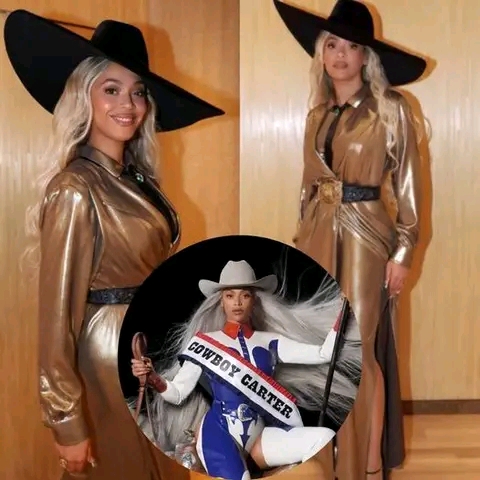CELEBRITY
With Beyoncé’s foray into country music, the genre may finally break free from the stereotypes that have long dogged it

When Beyoncé released “Texas Hold ‘Em,” the first single from her new country album, “Cowboy Carter,” it elicited a mix of admiration and indignation.
This is not her first foray into the genre, but it is her most successful and controversial entry. With “Texas Hold ‘Em,” Beyoncé became the first Black woman to have a No. 1 song on the country charts. At the same time, country music stations like KYKC in Oklahoma initially refused to play the record because it was “not country.”
Many non-listeners stereotype country music as being white, politically conservative, militantly patriotic and rural. And you can certainly find artists and songs that fit that bill.
But the story of country has always been more complicated, and debates about race and authenticity in country are nothing new; they’ve plagued country artists, record companies and listeners for over a century.
In the official visualizer for ‘16 Carriages,’ Beyoncé dons a bejeweled cowboy hat.
As someone who researches and teaches Black culture and country music, I hope that Beyoncé’s huge profile will change the terms of this debate.